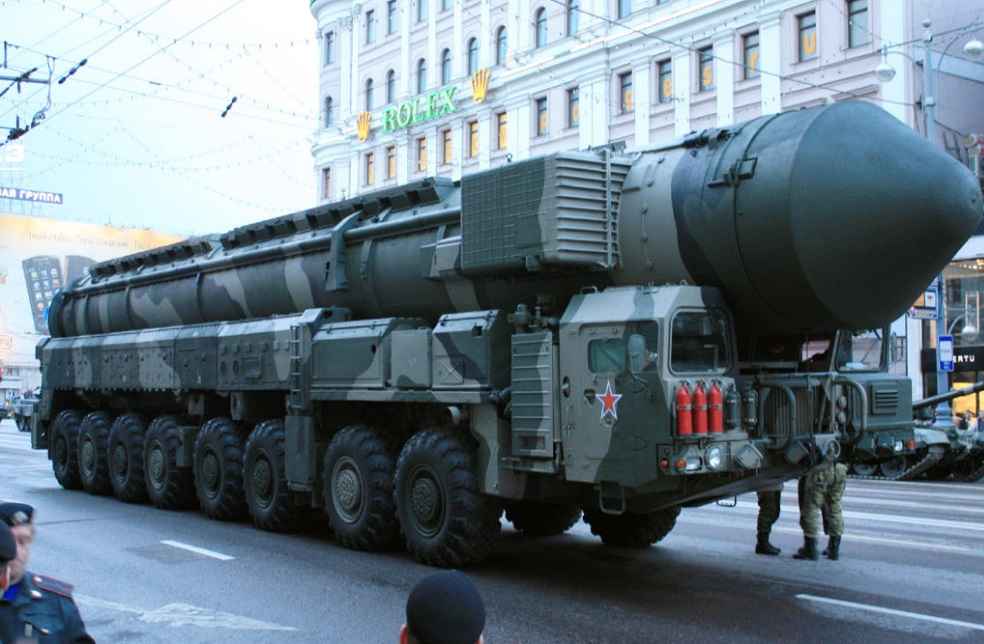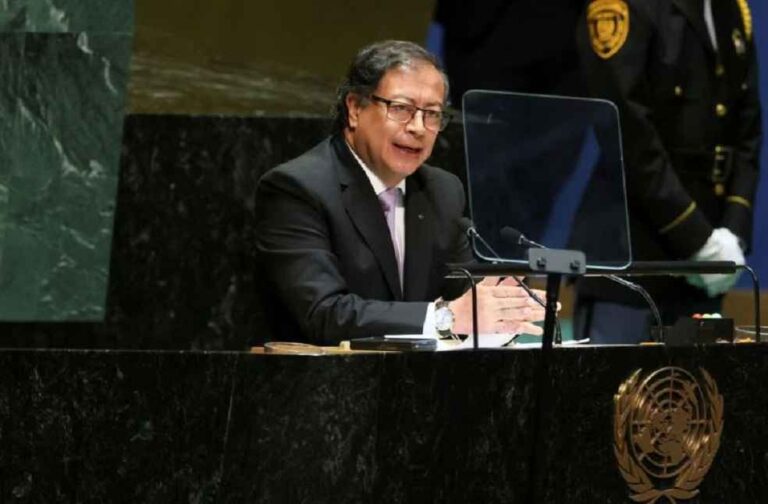Colombia’s President Gustavo Petro announced a pivotal shift in foreign policy, halting Israeli weapon acquisitions. This move comes as a direct response to incidents in Gaza, where Israeli forces were reported to have fired on Palestinians seeking food, a situation that President Petro did not hesitate to label as “genocide.”
Gaza’s health officials reported at least 112 fatalities, escalating the conflict’s death toll to an alarming 30,000, Petro’s remarks signify a profound rift between Colombia and Israel. This stark depiction, attributing blame to Israeli Prime Minister Benjamin Netanyahu for the violence surrounding the aid convoy, underscores the depth of the situation and its potential repercussions on the global geopolitical landscape.

The genesis of this decision lies in a complex network of diplomatic and military cooperation stretching back to the late 1980s, when Colombia enhanced its military ties with Israel through significant acquisitions like Kfir fighter jets. These aircraft played a pivotal role in Colombia’s internal conflicts, aiding operations against guerilla factions and narcotic cartels. The bilateral relationship was further cemented with a free trade agreement in 2020, highlighting the strategic importance of their partnership.
The relationship has experienced a cooldown since Petro, Colombia’s inaugural leftist president, assumed office in 2022. His critical perspective on Israel’s military actions in Gaza, likening them to Nazi Germany’s sieges, has strained ties, exacerbated by Israel’s cessation of security exports to Colombia following Petro’s contentious online remarks.

Colombia received $115 million worth of exports from Israel in 202, with the leading items being aircraft and spacecraft ($13 million), broadcasting equipment ($8.51 million), and pesticides ($6.8 million). Over the past 26 years, the trade from Israel to Colombia has seen an annual growth rate of 1.58%, rising from $76.4 million in 1995 to $115 million in 2021.
Petro’s decision to suspend weapon purchases from Israel reflects not only a moral and ethical stance on the ongoing conflict but also signals a recalibration of Colombia’s foreign policy under his leadership. Despite historical military and economic ties, Petro’s administration is signaling a shift towards prioritizing human rights and international law.

This move has significant implications for Colombia’s international relations, especially with the United States, its steadfast ally. While Bogota and Washington have maintained relatively amicable terms, differences over U.S. drug policy and Venezuela have been palpable. Petro’s latest stance could potentially introduce new dynamics in Colombia’s foreign policy, reflecting a broader trend of nations reevaluating their positions and alliances in response to global conflicts and human rights concerns.
BUSINESS GENERAL | Royal Navy Chief Warns of Trade Threat from Houthi Attacks



